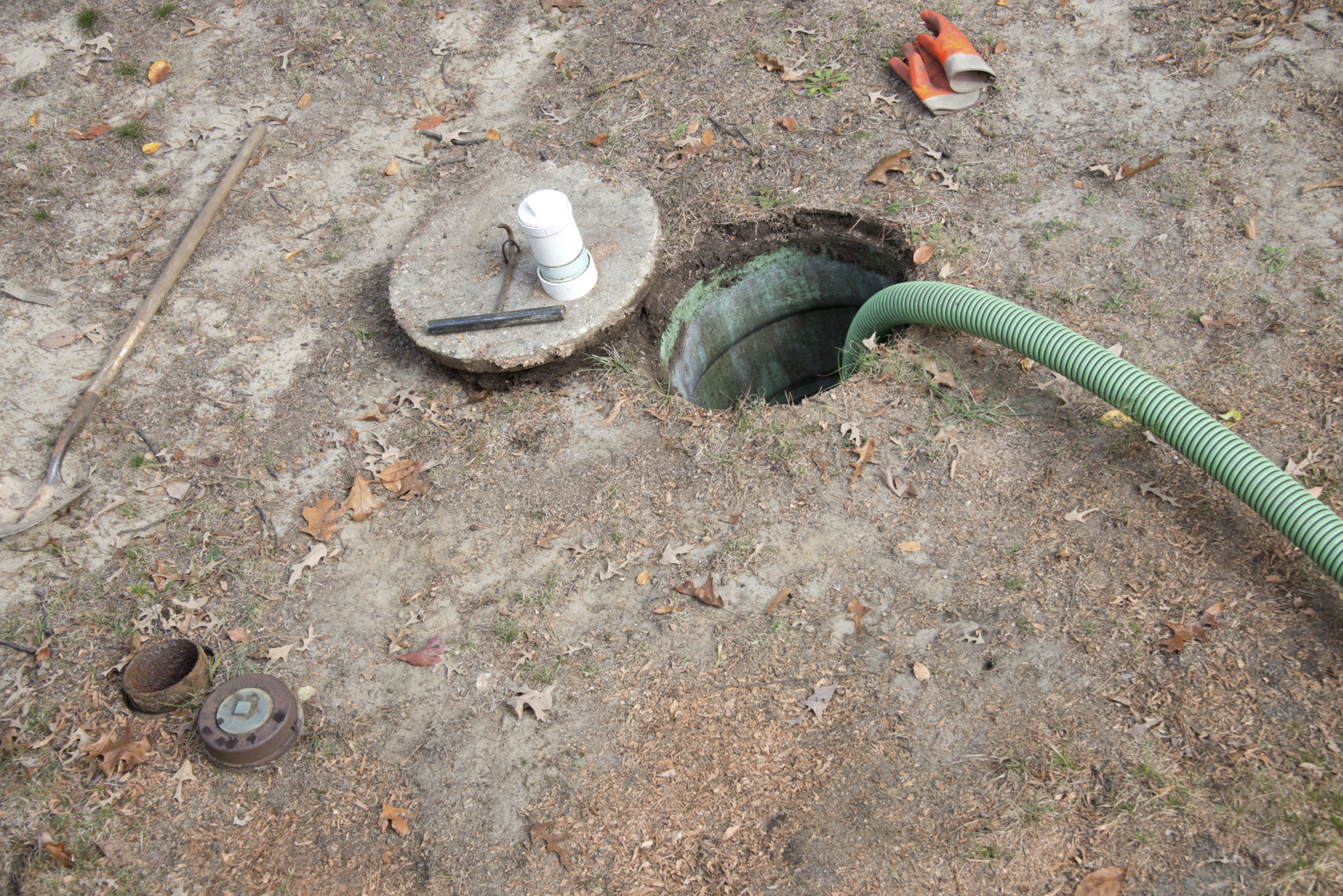Cesspool vs. Septic Tank: Which Is Better for Your Property?
Understanding Cesspools and Septic Tanks
When it comes to managing wastewater on a property, two of the most common solutions are cesspools and septic tanks. Both systems are designed to handle household waste, but they operate in different ways. Understanding the differences between these two systems can help property owners make an informed decision about which one is best suited for their needs.
A cesspool is essentially an underground pit where wastewater from a property is stored. It allows liquid waste to seep into the surrounding soil while holding solid waste until it is removed. On the other hand, a septic tank is a more advanced system that not only stores waste but also treats it by breaking it down with bacteria.

Pros and Cons of a Cesspool
Cesspools are relatively simple and low-maintenance systems. One of the main advantages of a cesspool is its cost-effectiveness, especially in areas with high water tables or poor soil conditions where a traditional septic system may not be feasible. Additionally, cesspools require minimal installation time.
However, there are significant downsides to using a cesspool. They often require frequent pumping to prevent overflow, which can be costly over time. Moreover, cesspools can pose environmental risks if not properly maintained, as they may contaminate groundwater supplies.
Benefits of a Septic Tank System
Septic tanks offer several advantages over cesspools. One major benefit is their ability to treat and process waste more efficiently, reducing the risk of groundwater contamination. Septic systems use natural bacteria to break down solids, resulting in cleaner effluent entering the leach field.

Additionally, septic tanks typically require less frequent pumping compared to cesspools, making them a more convenient long-term solution. Although the initial installation cost of a septic tank system may be higher, the reduced maintenance and environmental benefits can outweigh these costs over time.
Environmental Considerations
When choosing between a cesspool and a septic tank, it's important to consider the environmental impact of each system. Septic tanks are generally considered more environmentally friendly because they treat and break down waste before releasing it into the soil. This process helps protect local water supplies from contamination.
Cesspools, while simpler, do not offer the same level of protection against environmental hazards. Property owners should assess the potential risks associated with cesspools, especially if the property is located near sensitive ecosystems or water sources.

Making the Right Choice for Your Property
The decision between a cesspool and a septic tank ultimately depends on several factors, including budget, property location, soil conditions, and environmental considerations. Property owners should weigh the pros and cons of each system to determine which one best meets their needs.
If cost is a major concern and soil conditions are suitable, a cesspool may be a viable option. However, for those looking for a more sustainable and long-term solution with less environmental impact, investing in a septic tank system may be the better choice.
Conclusion
Choosing between a cesspool and a septic tank is an important decision that can affect both the functionality of your property's wastewater management and its environmental footprint. By understanding the differences and evaluating your specific needs, you can select the system that offers the best balance of efficiency, cost-effectiveness, and sustainability.